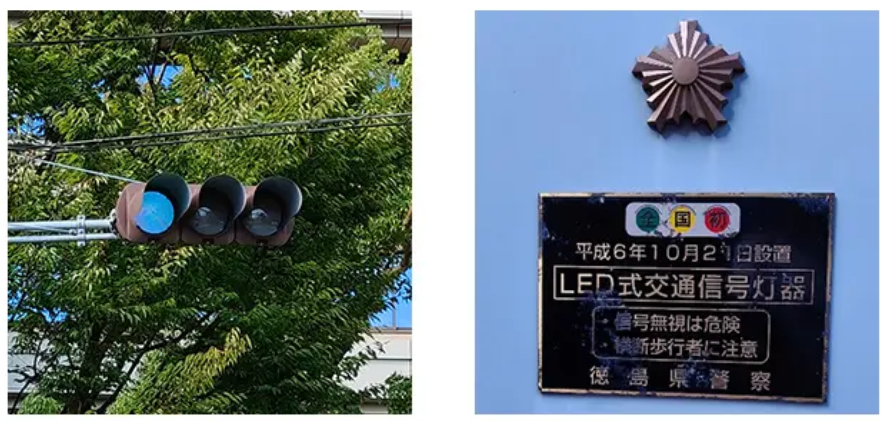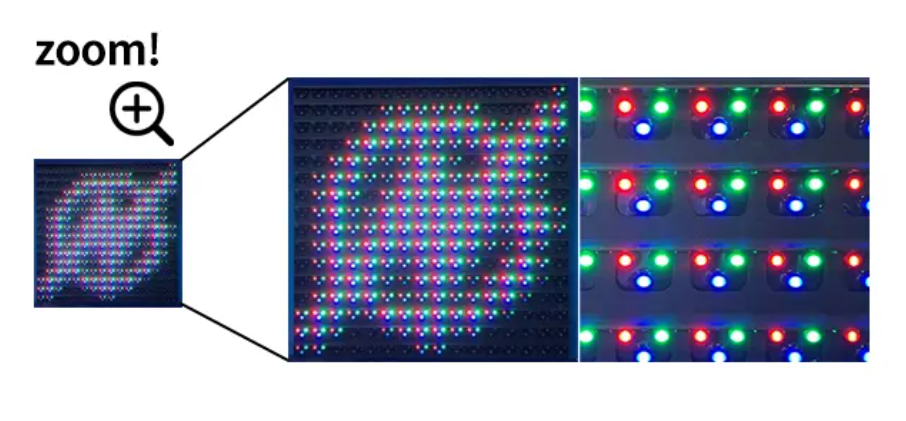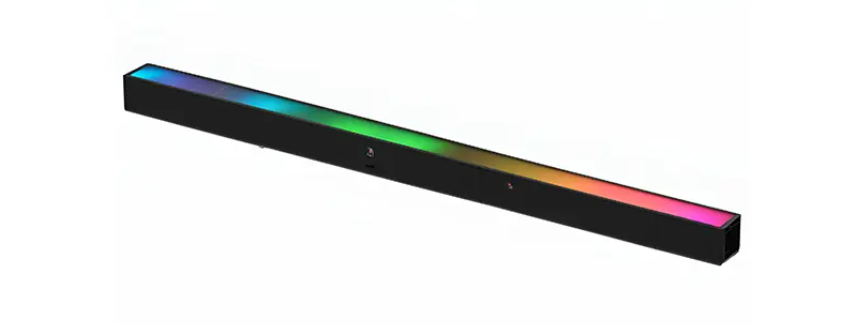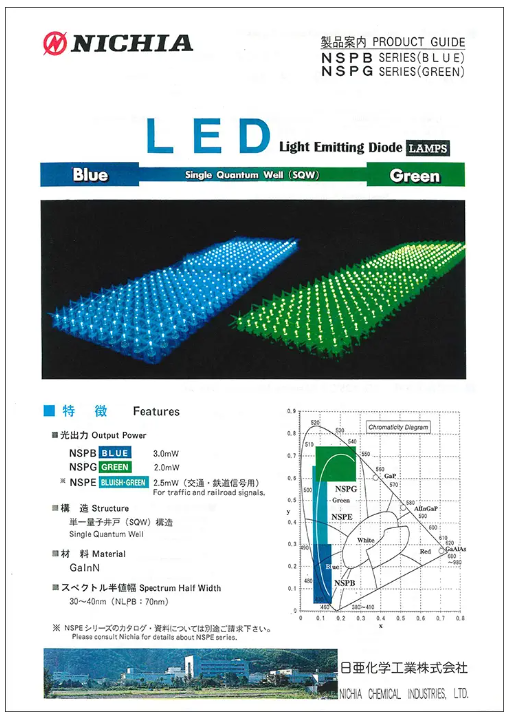To introduce a completely new technology to the world, it is said that there are three barriers to overcome. They are called the Devil River, Valley of Death, and Darwinian Sea.
There are detailed explanations of each of these terms in specialized literature for business administration and other fields. "The Devil River" is if the development of the product becomes a success. Smooth mass production and commercialization is referenced as "The Valley of Death." Lastly, the formation of the market is known as "The Darwinian Sea". Thanks to the efforts of all involved, Nichia's blue LEDs successfully overcame the Devil River and the Valley of Death. The last challenge was the Darwinian's Sea. Nichia's high brightness blue LEDs were completely new, but the market had already been formed in terms of "LEDs," and Nichia saw the prospect of three market demands that could be obtained by filling in the missing puzzle piece, the "blue" LED.
The first market is traffic signals on the road. Typically, traffic signals consist of three colors: blue, yellow, and red. However, the color referenced as "blue" in traffic signals is not actually "blue," but more of a "bluish green." (In Japan, due to the historical and cultural perception of color, the color of traffic signals is referred as "blue.") Therefore, the blue LEDs Nichia announced in 1993 did not conform to the bluish green required for traffic signals.
Nevertheless, a person from a police agency was one of the first to contact Nichia after the announcement of the blue LED. Some traffic signals in urban areas control traffic almost exclusively with arrow signals, and according to the person the reason for the inquiry was that a bulb in the arrow signal went out, causing a huge traffic jam. As seen from this example, the high demand for traffic signals was clear. LEDs have long lifetimes and do not fail catastrophically like traditional light bulbs. Therefore, maintenance costs can be significantly reduced as do not require replacement for 10 years. Additionally it was known that they are also expected to reduce heat generation and power consumption.
(Bluish-green LEDs were developed for traffic signals the following year in 1994, and Japan's first three-color LED traffic signal using them is still in operation in front of the Tokushima Prefectural Police Headquarters. It has continued to operate for more than 10 years and will mark its 30th year of operation in 2024.)

Figure 1. Japan's first three-color LED traffic signal using Nichia's LEDs in Tokushima, Japan
The second market is large video display. Generally, TVs, projectors, and other devices control the way they produce color by adjusting the amount of red, green, and blue light, known as the three primary colors of light. Red and green (strictly speaking, "yellow green") LEDs were already available on the market, so once blue LEDs became available, it became possible to reproduce all colors. The expected application was not for home-use TVs (cathode-ray tube TVs were the mainstream then), but for replacement of large video equipment and scoreboards installed in large stadiums. At that time, there were both cathode-ray tube and fluorescent tube types of large video equipment, but both were expensive, heavy, and difficult to repair, and could not be easily installed. Scoreboards were either red or orange LEDs, incandescent light bulbs, or hand-held signboards that could not display images at all. In contrast, LEDs can display full color images. Each LED package is placed on a circuit board and can freely combine with the dot matrix modules, which are divided into units of 16x16 or 32x32 dots. They did not have size limitations, were lightweight, and the brightness of the LEDs allowed images to be seen even under sunlight, making it so that not only permanent displays could use this technology, but making the displays portable became possible as well, which led to larger demand in this market.

Figure 2. LED dot matrix display module
The third market is the light source for scanners. Image scanners are used to convert books and documents into digital data, and white CCFLs (cold cathode fluorescent lamps), a type of fluorescent lamp several millimeters in diameter, were used as the light source. In the case of CCFLs, the disadvantage was the large size of the body when the sensor and optics were combined. By converting this light source to LED and combining it with a different sensor, irradiating red, green, and blue LEDs individually at high speed and reading the reflected light directly, it became possible to create a compact and thin scanner that could not be done with the conventional method. Nichia expected that this would create a new market.

Figure 3. Scanner Module (only an image, not an actual object)
For the three applications mentioned above, LEDs are now being installed as a matter of course. In some prefectures of Japan, 100% of traffic signals have been converted to LED, and displays show advertisements and information everywhere. Almost all scanners are now equipped with LED light sources as well.
The launch of the "blue LED," a missing piece of the puzzle, led to movement in these three potential markets. To further expand the market, it was essential to have both a bluish-green LED for traffic signals and a green LED. The green LED used at that time was not a deep green but a yellowish green, and products combining the conventional red LED with Nichia's blue LED were produced only in small quantities due to insufficient image quality and brightness. With the launch of the pure green LED in 1995, the path to full-scale market expansion was clear for the first time. It is also important to remember that the new technology applied to create the green was also applied to blue, greatly improving both brightness and reliability, leading to further market expansion.
Thus, by having red, green, and blue, the "Darwinian Sea" described at the beginning of this post has been overcome, and the market for full-color LEDs has grown, due to the eagerly awaited arrival of the "blue LED."

Figure 4. The product catalog of the blue and pure green LEDs at that time
TrendForce 2024 Global LED Video Wall Market Outlook and Price Cost Analysis
Release Date: 28 September 2023
Language: Traditional Chinese / English
Format: PDF
Page: 273
|
If you would like to know more details , please contact:
|















